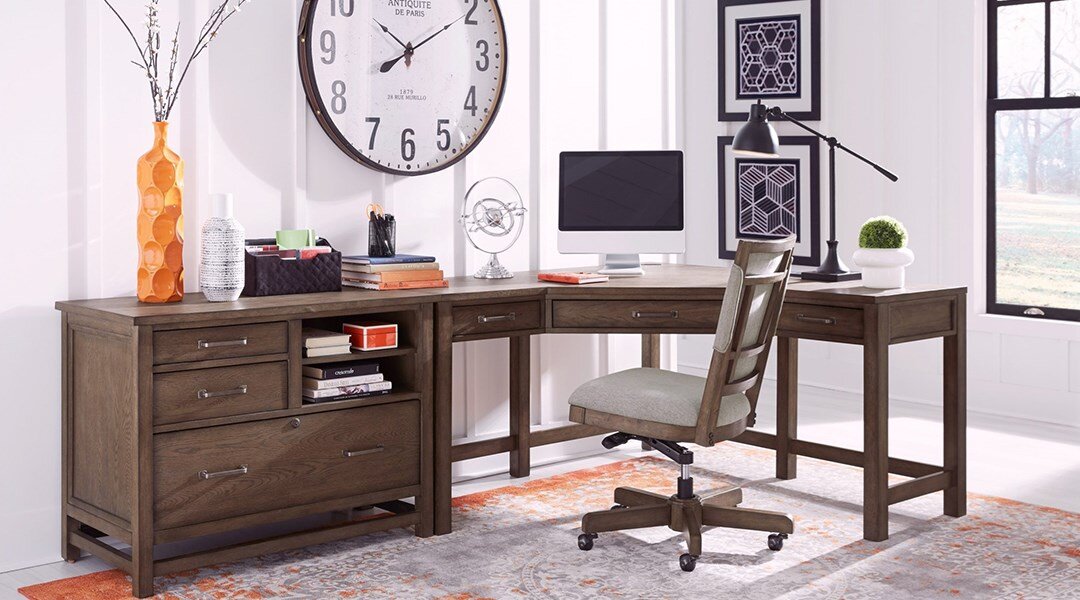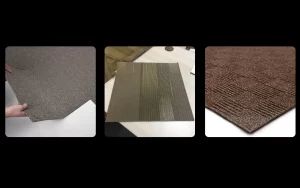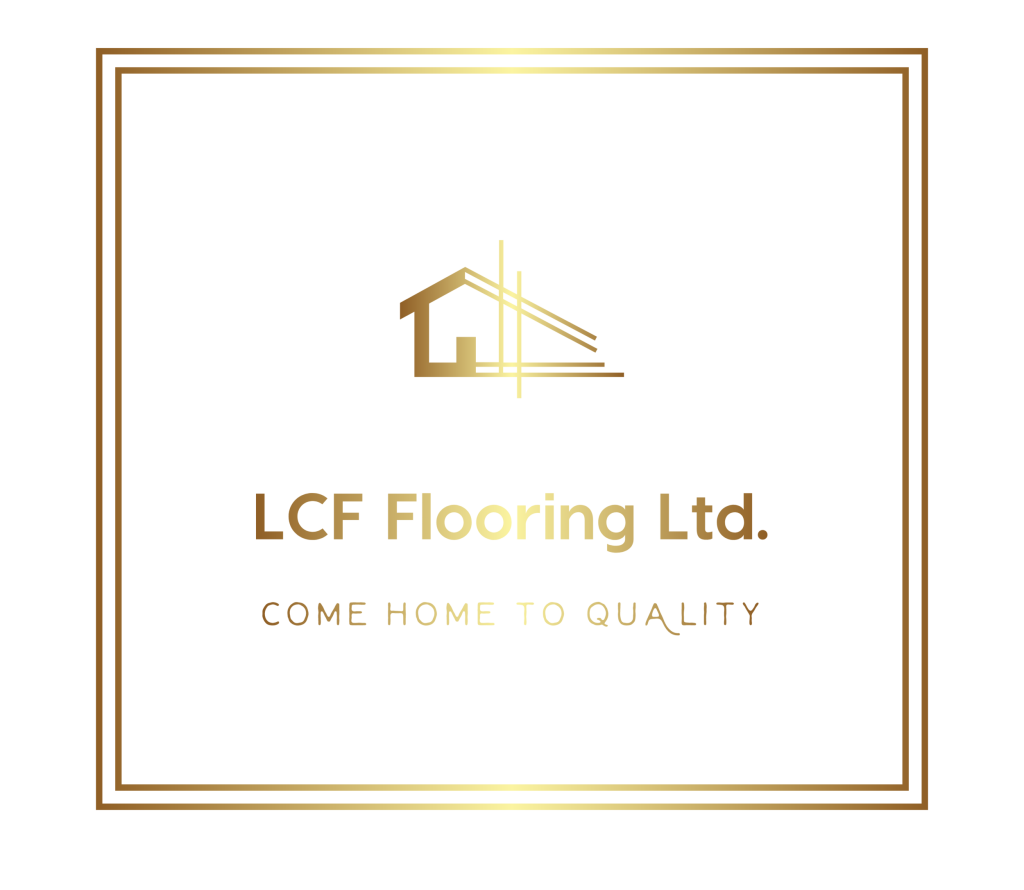Creating a Home Office
A Quick Primer For Entrepreneurs On Setting Up Their Home Office
Are you a small business owner tired of paying for brick-and-mortar office space that’s more of a drain on your finances than an asset to your organization? If so, buying a new home – or converting your current home, into a workspace may be a smart move. Keep reading for tips on how to make the transition to a home-based business without blowing your budget.
Whether you’re moving house or making changes to your current home, you want your office space to be functional and attractive. From windows to flooring to custom countertops, Lidia Contract Flooring can help you find the perfect materials to compliment your space. Contact us today to find out more!

Cash Considerations
When your goal is to work from home to save money, it makes sense to start by evaluating your budget. Knowing what you can afford and what you can expect to spend are a good first step toward establishing your home workspace. A few things you can do are to:
Know available inventory. A quick property search can give you a general idea of the type and price range of homes available in your area. While inventory changes regularly, you should be able to establish a baseline price and get to know which neighborhoods are most affordable.
Consider an as-is property. When you are buying a home, you do not have to have one that’s perfect and polished from the beginning. An as-is property typically costs thousands less than a comparable turnkey home. Keep in mind, however, that your seller is not obligated to fix things like foundation problems or mold.
● Extrapolate costs to update. If you land on the ideal home but it needs some work, those changes should be factored into your overall budget. For example, if the home needs new flooring, talk to Lidia Contract Flooring to get quotes on a variety of flooring types. If you originally wanted hardwood flooring, you may find that vinyl plank is a more affordable option that looks just as good.

Quest For The Ideal Space
The preparations you complete now will make your home office transition that much easier, even if you plan to stay in your current home. Consider the following:
Renovations are costly. Although it may be less expensive to stay in your current home, keep in mind that renovations are not cheap. According to Renovation Find, Edmonton homeowners can expect to pay $135-$290 per square foot for a home addition.
Some Neighborhoods won’t allow it. If you live within city limits, and especially if your current home is in a structured neighborhood, you may have to get special permission from the city to open up a home-based business. Check local ordinances to ensure you do not violate zoning laws.
A bedroom is not the only potential office. Whether you are looking for a new space or plan to renovate your existing one, don’t overlook “hidden” areas in your home that would make a great office or work zone. Although a bedroom with an attached bathroom and lots of natural light is ideal, you can also convert a garage, large walk-in closet, basement, or attic into a comfortable home office.
When you want to work from home, you have options. Many times, buying a new home is the perfect solution. But, if your budget says you have to stay put, you can make your space work. But, remember, protect your assets and do your research. The last thing you want now is to put your home or business at risk.
Article by: Tina Martin @ ideaspired.com








